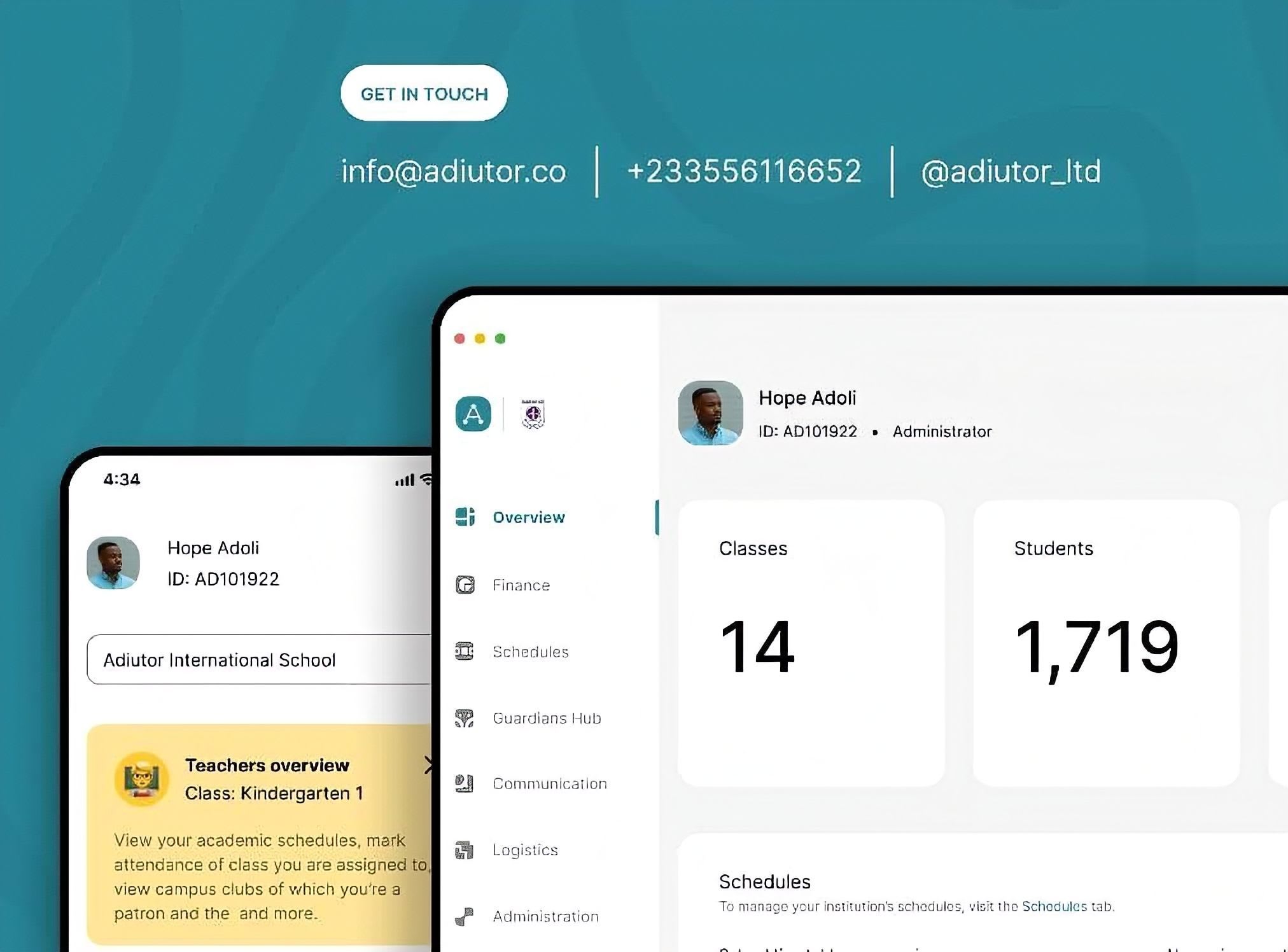The future of didactic in the classroom

Education has always been a critical aspect of human society, and over the years, various teaching and learning methods have been developed to improve knowledge acquisition. Didactic, the science of teaching, is one of the most essential fields in education, as it focuses on designing and implementing effective learning strategies for students. In recent years, advancements in technology, neuroscience, and cognitive psychology have led to significant changes in the way we approach teaching and learning. As such, there has been growing interest in the future of didactic, and what it might look like in the years to come.
💡 Lessons learnt: Technology will not replace great educators, but technology in the hands of great educators can be transformational.
Exploring Innovative Strategies for Implementing Didactic Approaches in Education
One of the most promising aspects of the future of didactic is the increasing focus on innovative strategies for implementing didactic approaches in education. With the rise of new technologies and educational tools, educators have more resources than ever before to create engaging and effective learning experiences for students. This includes everything from online learning platforms and interactive multimedia resources to gamification techniques and personalized learning algorithms. Embracing these new approaches equips educators with tools and knowledge to help students easily develop a deeper understanding of complex concepts, while also fostering a love of learning that can last a lifetime. However, it's also important to note that technology is just one piece of the puzzle. Ultimately, the success of any didactic approach depends on the skill and expertise of the educator in designing and implementing effective teaching strategies. Teachers should create comprehensive lesson plans based on evidence-based pedagogy principles and consider incorporating alternative teaching methods such as project-based learning or game-based activities. Through this combination of modern technology, engaging experiences and adaptive teaching strategies, educators can bring new life into the didactic approach for enhanced student learning success.
Adapting Current Technology to Enhance Didactic Pedagogy
Utilizing the latest digital technologies can help teachers deliver engaging and meaningful content to their students. By leveraging cloud computing, visual aids and audio-visual opportunities, educators are able to provide dynamic learning materials while expanding student engagement. This flexibility allows teachers to access resources from anywhere at any time, thus creating a more interactive atmosphere in the classroom. For instance, AI-based tools like virtual whiteboards and robotic tutors (with supervision from educators) enable learners of all ages to personalize their education experience with tailored lessons that meet their individual needs. Furthermore, technology can also be used for assessments so that students have a better understanding of where they stand academically on certain concepts or topics. Integrating current technological advances into the classroom has great potential for improving student engagement and providing an overall more efficient educational experience beyond traditional methods.
Preparing Teachers for the Future
With the ever-evolving technologies and new methods of teaching, it is essential that teachers stay up to date with developments in educational practices and continually assess how they can best use these approaches to enhance their students' learning experience. Utilizing traditional lecturing within this modernized environment, educators can help their students achieve greater holistic engagement and increased educational outcomes. Strategies that focus on allowing teachers to engage with students holistically will create successful learning both now and into the future.

Adiutor
Adiutor means "helper" - we do just that, by taking a load of your school administration and helping you focus on what matters most: the kids.
